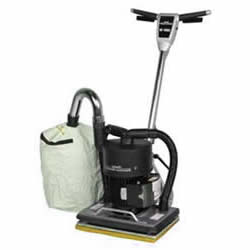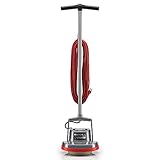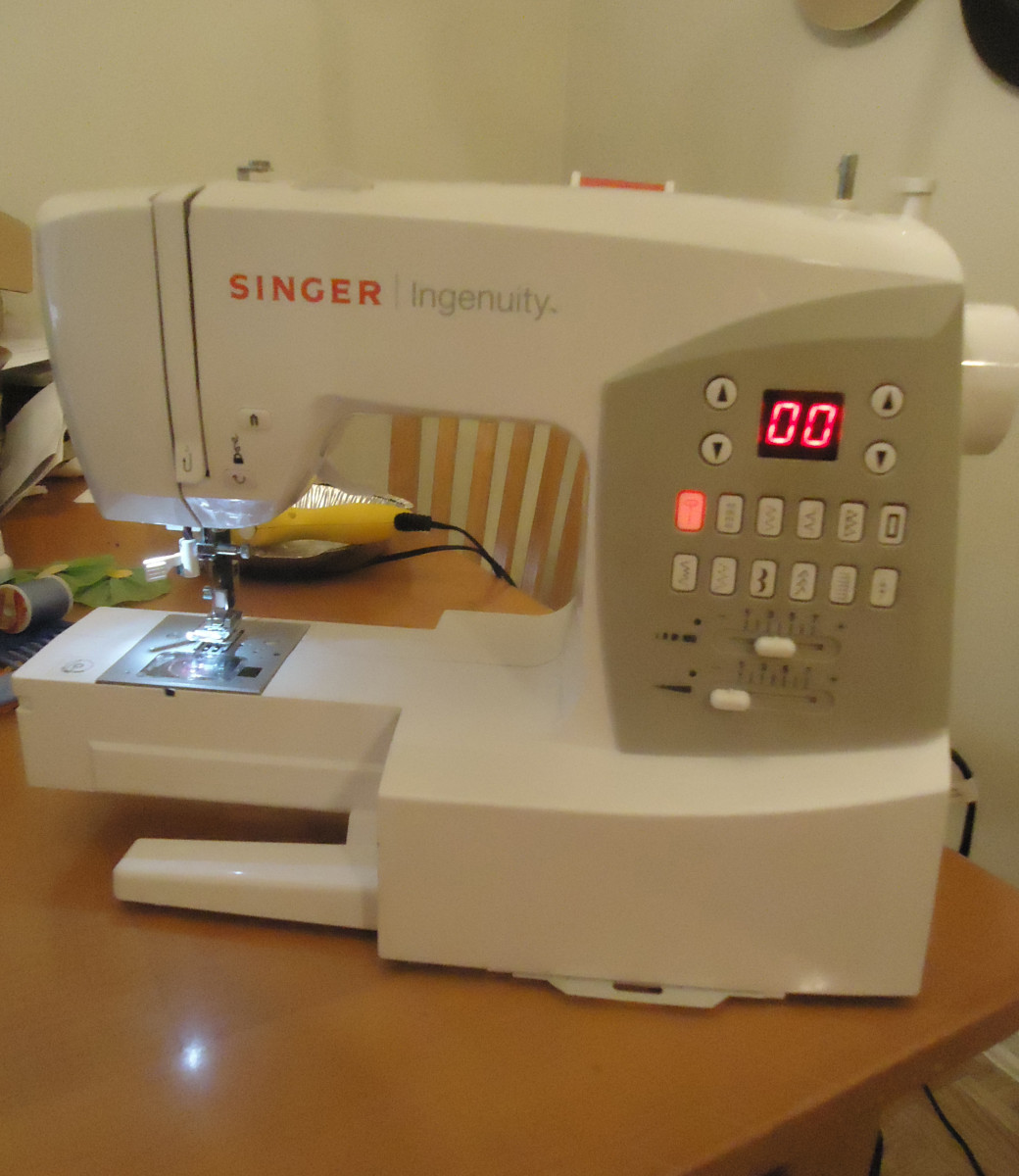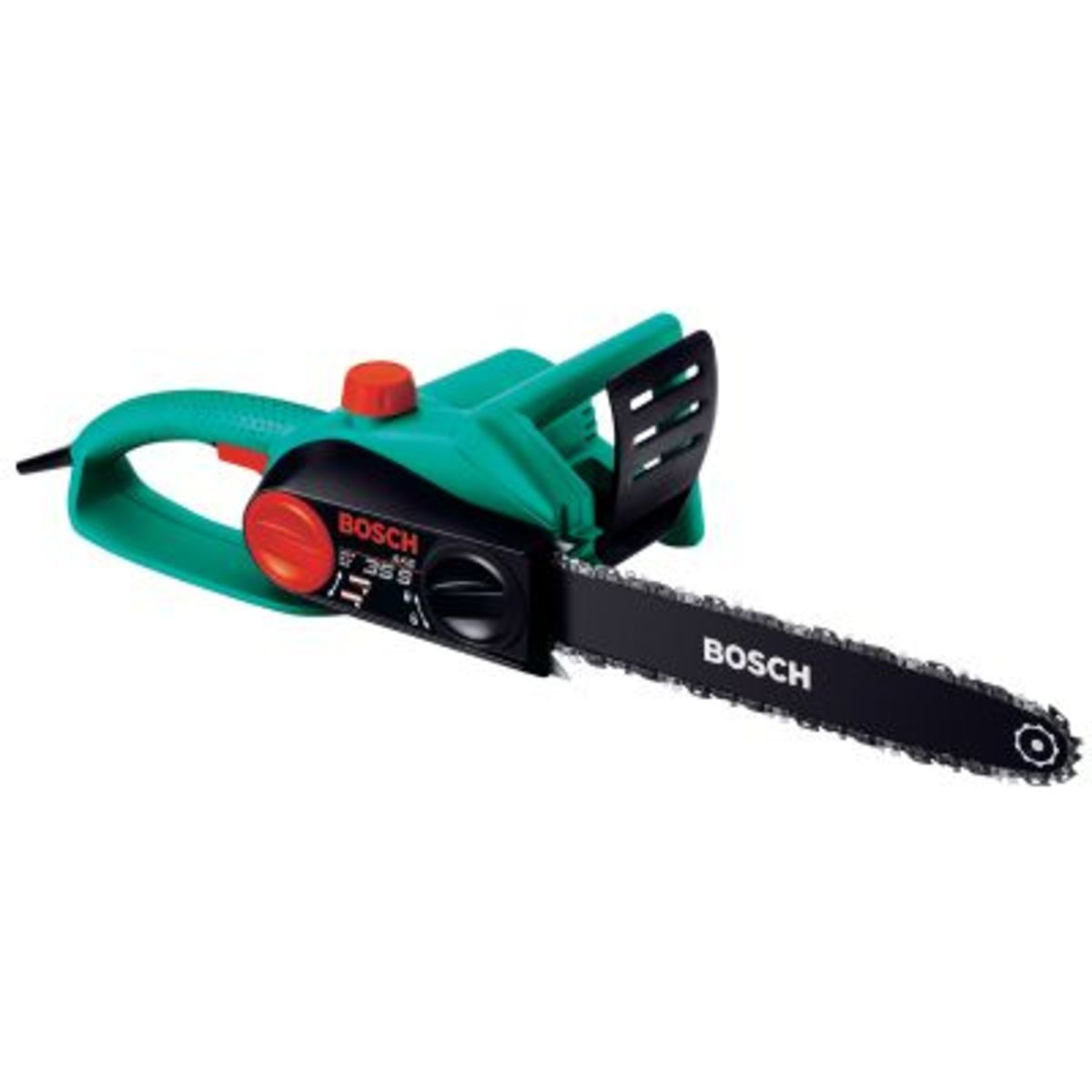Hardwood Floor Sander Machine
When you have hardwood floors in your home, they require some maintenance which sometimes includes sanding to restore their smooth finish, as well as regular polishing to keep them looking in pristine condition. After all its not much fun walking barefoot over a hardwood floor that has not been cared for in any way as there is a good chance of picking up a very fine splinter or two, not to mention the abrasive action on the soles of your feet.
To avoid any such incident, as well as regular cleaning and polishing, your hardwood floor will need sanding to remove any fine splinters that will have formed by fine fibres of the wood lifting with age, use and other factors to form those tiny splinters and other irregularities in the surface. For this reason, a good hardwood floor sander is an excellent tool to have to hand. It is specially designed for the job of sanding a hardwood floor to a smooth and fine finish ready for buffing and polishing to bring it back to its former glory.
Let's take a look at how a hardwood floor sander works and what the benefits of ownership are.
Hardwood Floor Sander Benefits

There are several benefits to owning a hardwood floor sander and we'll outline these right here as its always useful to know what you can expect from such a useful tool.
As hardwood floors require occasional sanding down and buffing before polishing to restore their smoothness and lustre, there are two realistic options open to the homeowner. The first is to hire a professional company to come into your home and do the work for you. This is the easiest option from the home owner's point of view, but it is also the most expensive, especially if this is a regular occurrence, which the very nature of this job would indeed be.
The second option is to rent a hardwood floor sander from a local plant hire or hardware hire store and do the sanding yourself. This is much cheaper than hiring a professional hardwood floor sanding company to do the work, and indeed is cheaper than the third option we'll look at below, if it were only a one off job. However it is not a one off and will need to be done on several occasions, bringing the combined cost of each individual hire of the machine up and making it the second most expensive option.
The third option is to purchase your own hardwood floor sander. The initial outlay of the machine will be more expensive than hiring once or twioce, but over the lifetime of the sander, it will work out much cheaper than repeatedly hiring one. This is a great cost benefit so it also pays to ensure you get a good quality model that will last for many years and will move with you as you move house over the years.
How do Hardwood Floor Sanders Work?
There are two main types of hardwood floor sander, the belt sander and the orbital sander, sometimes called an oscillating drum sander. Lets first look at how the two power sanders compare.
Belt sanders are the far more abrasive of the two types and are more often used to level hardwood floors that have become uneven over time or with excessive traffic. They should be used by experienced operators as in the hands of a complete novice they can quickly do far more damage than good to a hardwood floor.
As their name suggests, belt sanders use a continuous sanding belt which can accept various grades of abrasive sandpaper. The continuous belt moves very quickly and if the unit is left in any one place for any length of time, the abrasive will gouge into the floor producing a trough which is thereafter very difficult to repair. For this reason, an experienced operator would keep the sander moving continually while keeping it perfectly level so as not to create gouges with the edges of the abrasive bet.
The orbital hardwood floor sander is finer and less abrasive than a belt sanding machine, which makes them perfect for smoothing floors that only require minor maintenance and to remove any fine splinters that may have formed. An orbital sander is better for the novice as they are less likely to cause any damage due to their fine sanding action, although in the hands of a complete idiot they can still cause some damage!
They work on one or more circular abrasive pads which oscillate rapidly to create a sanding motion. This moves the abrasive sandpaper far slower relatively than the belt sander mechanism and so provides less chances for causing damage to a hardwood floor as long as the unit is kept level and in motion. Because of the slower abrasive action, it takes a lot longer to sand down a hardwood floor using an orbital sander, and for this reason it is preferred for fine sanding work and finishing.
Either type of sanding machine will generally have a vacuum system to clear the debris caused by the sanding action in order to minimise dust and particles getting into the atmosphere. You need to remember to periodically empty the vacuum bag!
Whichever hardwood floor sander you choose to use, make sure you get some good tuition from an experienced operator before you try to use it yourself, to prevent accidents to yourself and to the floor you are sanding.
Related Hubs of Authorite
- Makita Belt Sander
A good power sander is an essential part of any good tool shed or work shop and often there will be more than one type of power sanders to hand. This is so the do it yourself handyman can produce a great...








